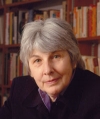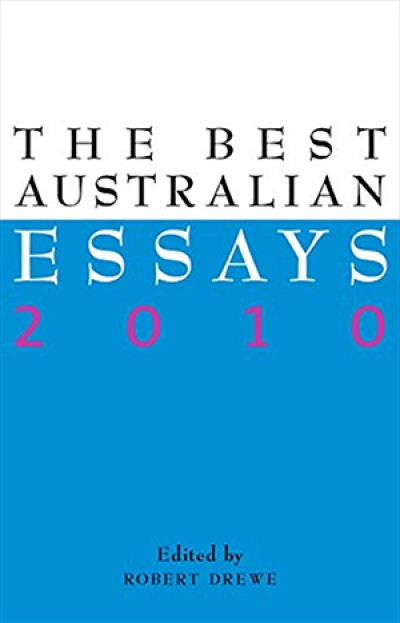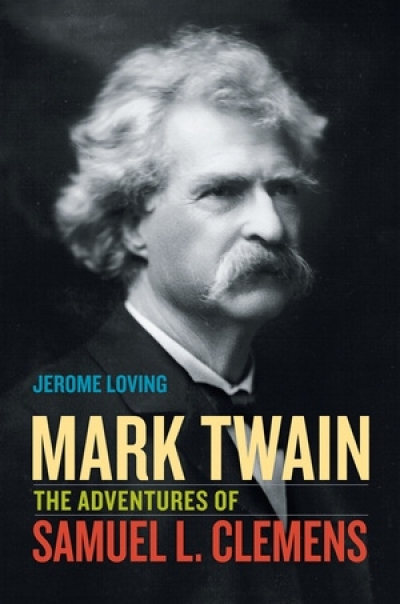Geordie Williamson
Sign up to Book of the Week and receive a new review to your inbox every Monday. Always free to read.
Recent:
Jennifer Maiden's The Fox Petition: New Poems (Giramondo) conjures foxes 'whose eyes were ghosts with pity' and foxes of language that transform the world's headlines
... (read more)Early success is no guarantee of a book’s continued availability or circulation. Some major and/or once-fashionable authors recede from public consciousness, and in some cases go out of print. We invited some writers and critics to identity novelists who they feel should be better known.
Last month in Melbourne, a group of book reviewers and literary editors took part in a conference organised by Monash University’s Centre for the Book. There were more than thirty short papers, or ‘provocations’, as they were styled. Our Editor lamented the low or non-payment of some reviewers ( ...
Last month in Melbourne, a group of book reviewers and literary editors took part in a conference organised by Monash University’s Centre for the Book. There were more than thirty short papers, or ‘provocations’, as they were styled. Our Editor lamented the low or non-payment of some reviewers ( ...
Books of the Year is always one our most popular features. Find out what our 41 contributors liked most this year – and why.
... (read more)When did you first write for ABR?
It was 2001. A dual review of Malcolm Knox’s début novel, Summerland, and Steven Carroll’s The Art of the Engine Driver. Luckily, I was generous about these relatively unknown authors and their books, since both went on to become significant figures in Australian letters.
... (read more) Sheila Fitzpatrick, a professor at the University of Sydney specialising in the history of modern Russia, is one of the world’s most influential Soviet historians. She is the author of two memoirs, My Father’s Daughter (2010) and A Spy ...
Sheila Fitzpatrick, a professor at the University of Sydney specialising in the history of modern Russia, is one of the world’s most influential Soviet historians. She is the author of two memoirs, My Father’s Daughter (2010) and A Spy ...





